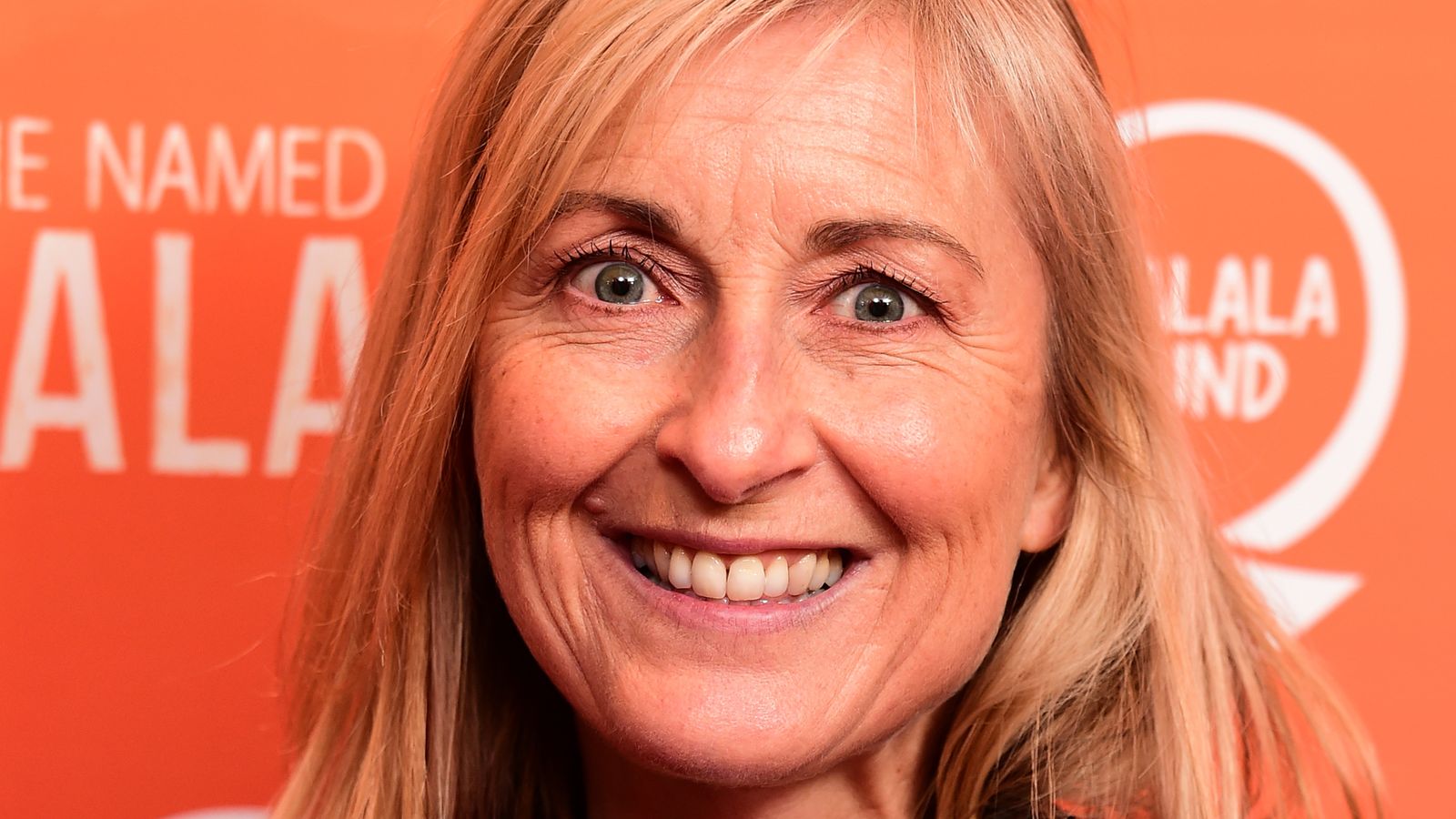Tax cuts are being funded by reduced public spending, an influential think tank has said.
The UK can expect lower spending on public services because of a lack of additional funding for government departments, according to analysis of the chancellor’s autumn statement from the Institute for Fiscal Studies (IFS).
While inflation remains high, government department funding isn’t being “sufficiently topped up” with reduced spending a consequence now and in the future, the IFS said.
All the financial benefits of high inflation – namely higher tax takes as things cost more and wages go up – have been absorbed by Jeremy Hunt’s two tax cuts: the decrease in national insurance and making permanent the ability for businesses to claim capital spending against tax on their profits, the analysis said.
“Put another way, the tax cuts are paid for by planned real cuts in public service spending,” Paul Johnson, the IFS director said.
Those cuts will hurt, Mr Johnson added, as services are already stretched.
“George Osborne managed to get the size of the state back down after the financial crisis. That was painful. Doing it again will be more painful still.
Households to be £1,900 poorer by the end of this parliament, says think tank
Smoke and mirrors autumn statement shows election politics are on | Beth Rigby
Autumn statement: What does it mean for you?
“Mr Osborne made his cuts after a decade of big spending increases. Mr Hunt, or his successor, will have no such luxury.”
Please use Chrome browser for a more accessible video player
He said the government of Prime Minister Rishi Sunak is on course to meet its target of reducing debt as a percentage of economic growth, called gross domestic product (GDP), by the “narrowest of tiny margins”.
But this rule was, he added, “poorly designed” and based on flawed assumptions.
Mr Hunt is operating on the basis that there will be a “substantial” effective cut in public service spending; that fuel duties will rise despite not having done so in more than a decade; that the continued freezing of business rates will end and there will be no economic shocks.
“He has spent up-front and told us he will meet his targets largely by unspecified fiscal restraint at some point in the future,” Mr Johnson said.
Be the first to get Breaking News
Install the Sky News app for free
This debt reduction plan will also have to be funded through spending cuts, Mr Johnson added.
“Given the demands of servicing our debt, and presumably paying for more healthcare and pensions, achieving that will require some sharp cuts”.
There have been no changes to the economic big picture, he said, with tax and spending at high historic levels, high interest rates to be paid on government borrowing.
The amount the state is paying in interest is more than the entire defence budget and around 2% higher as a proportion of GDP than it was in 2019.





